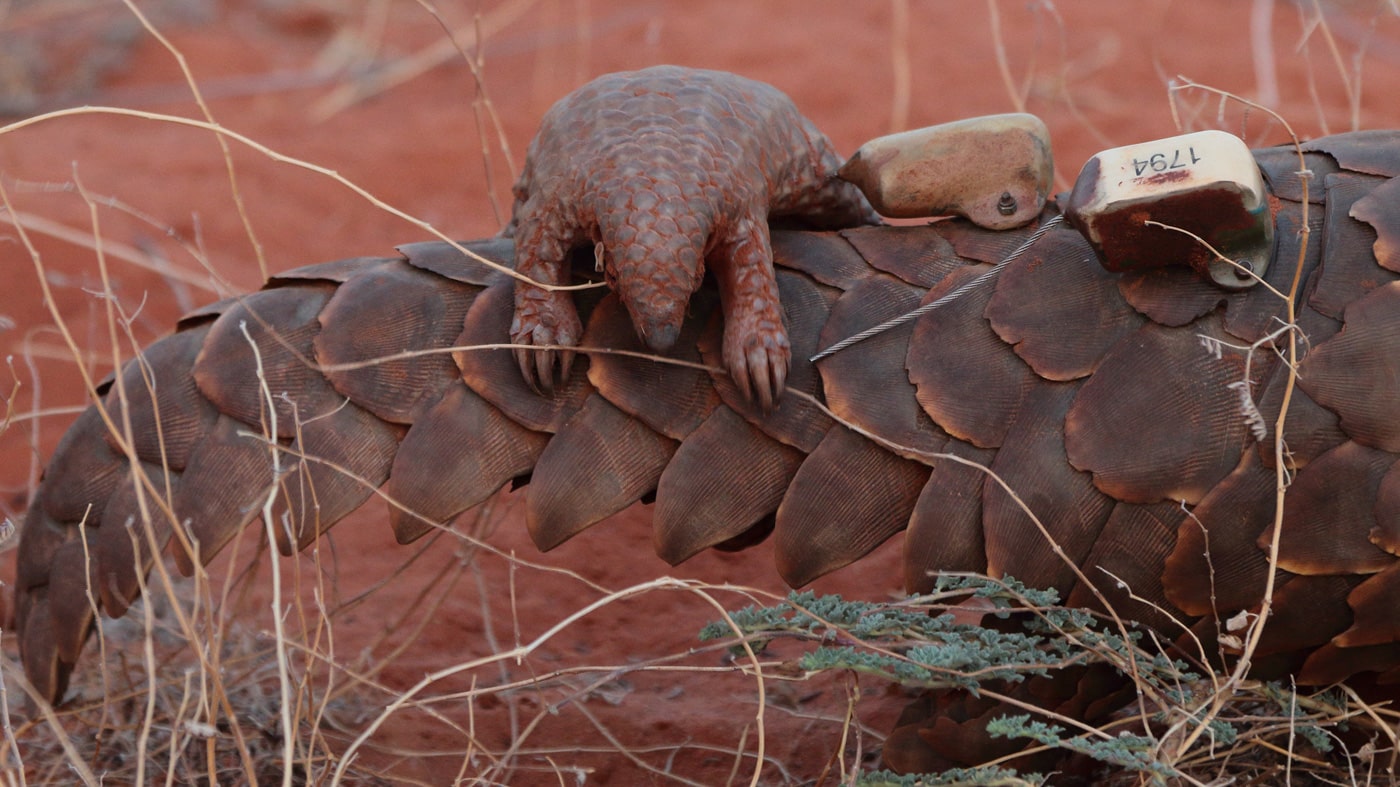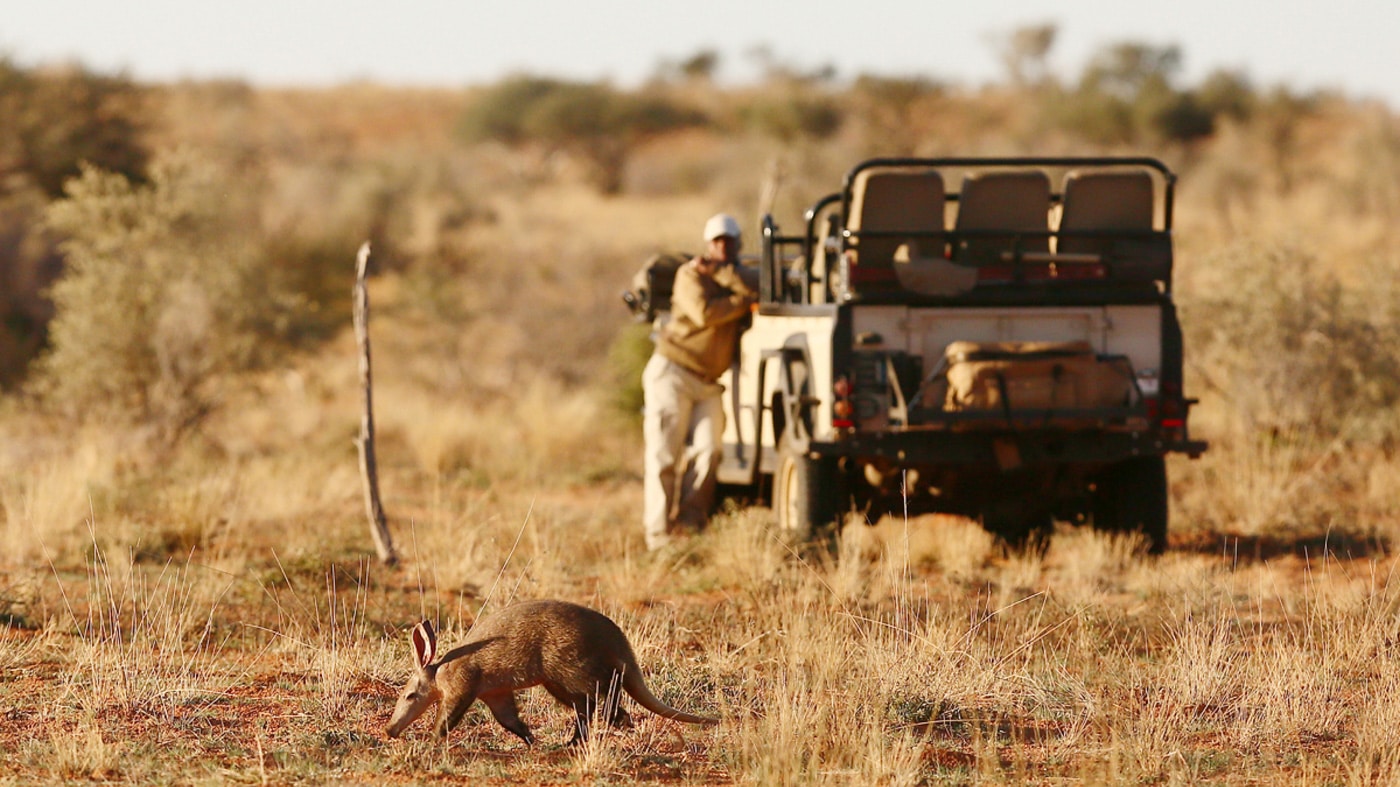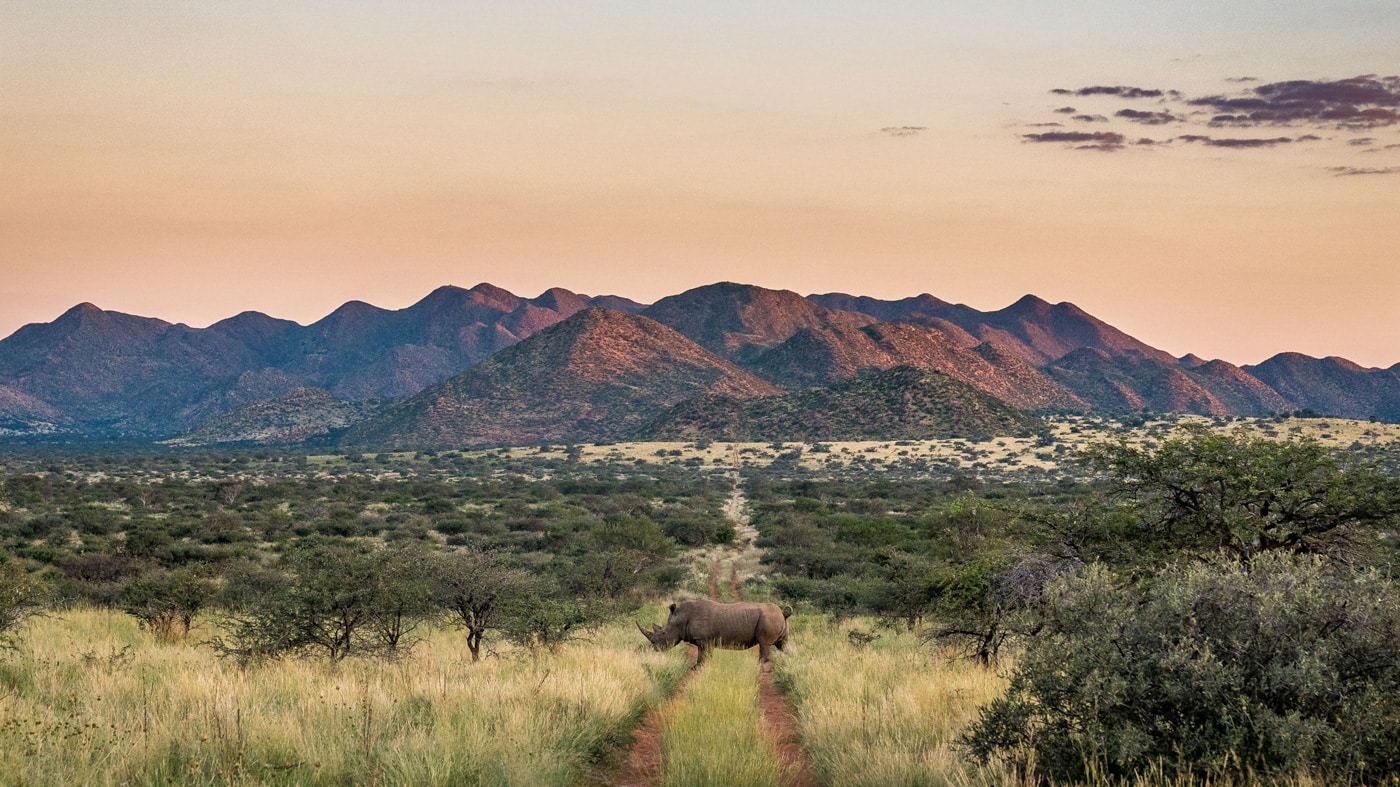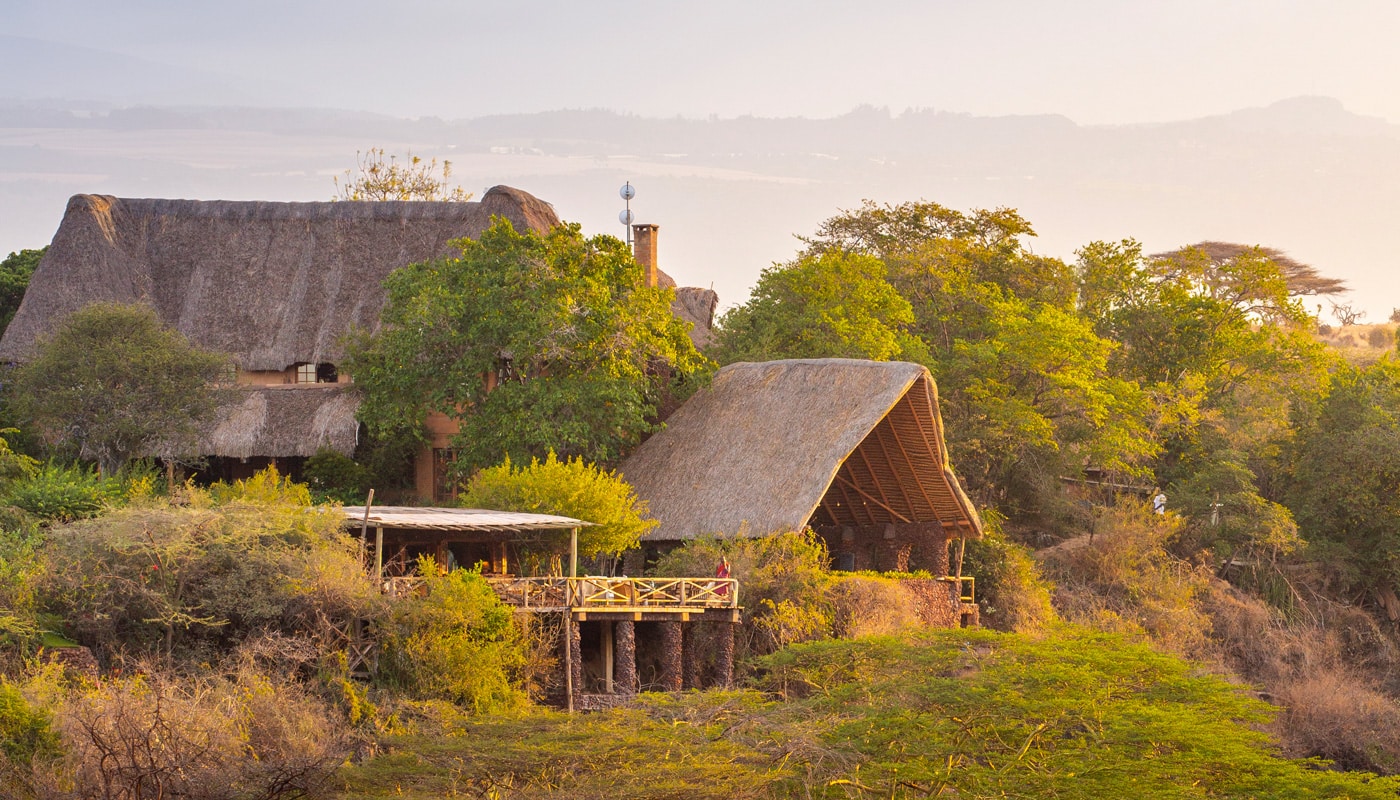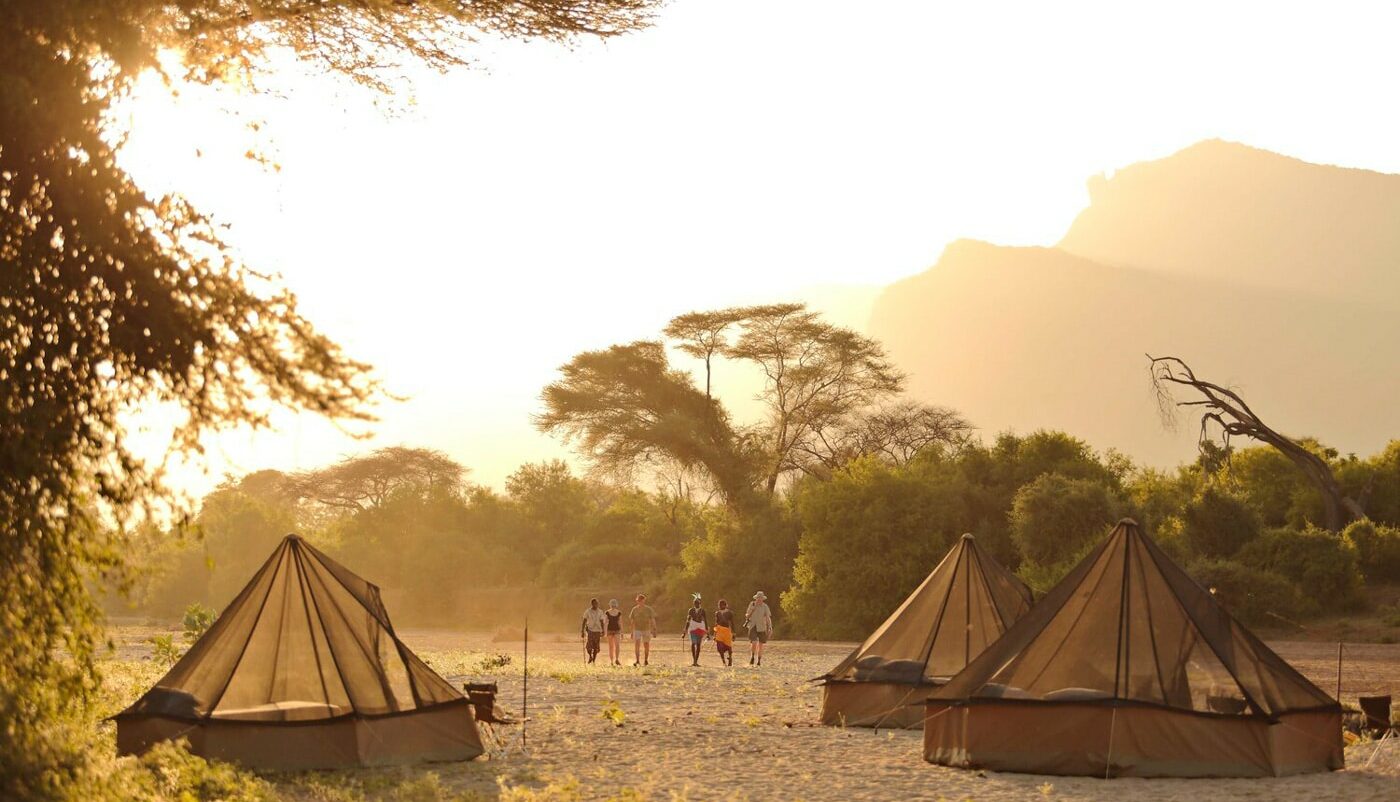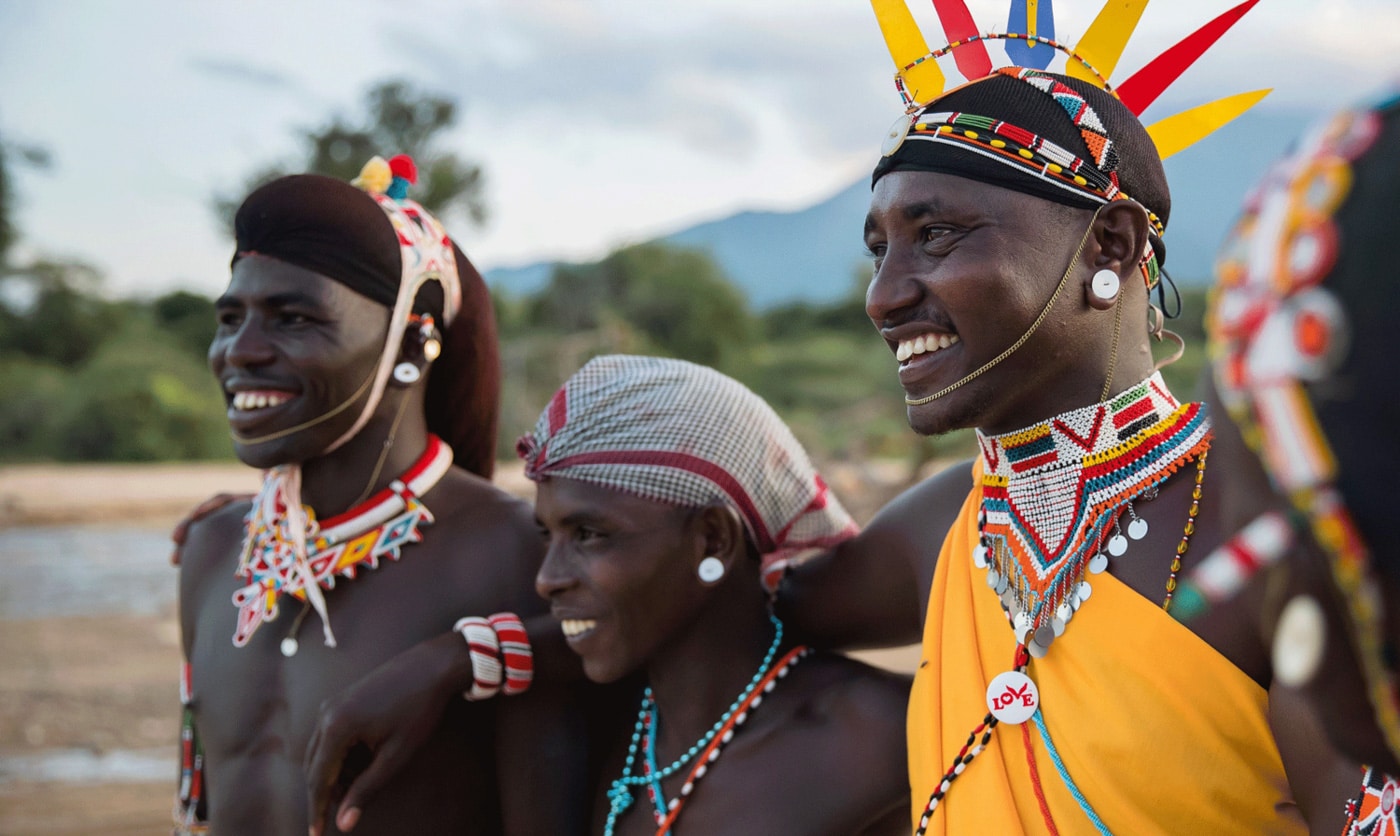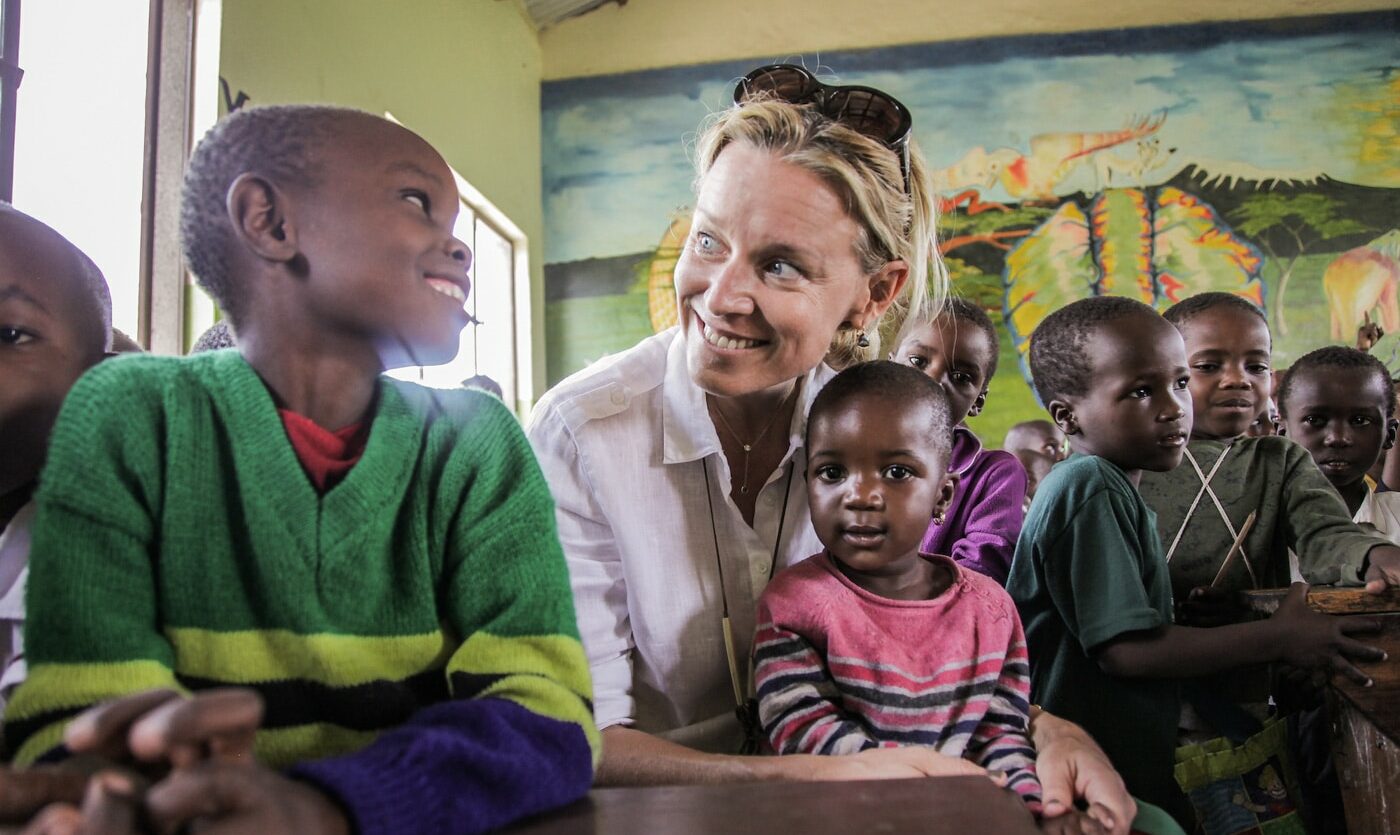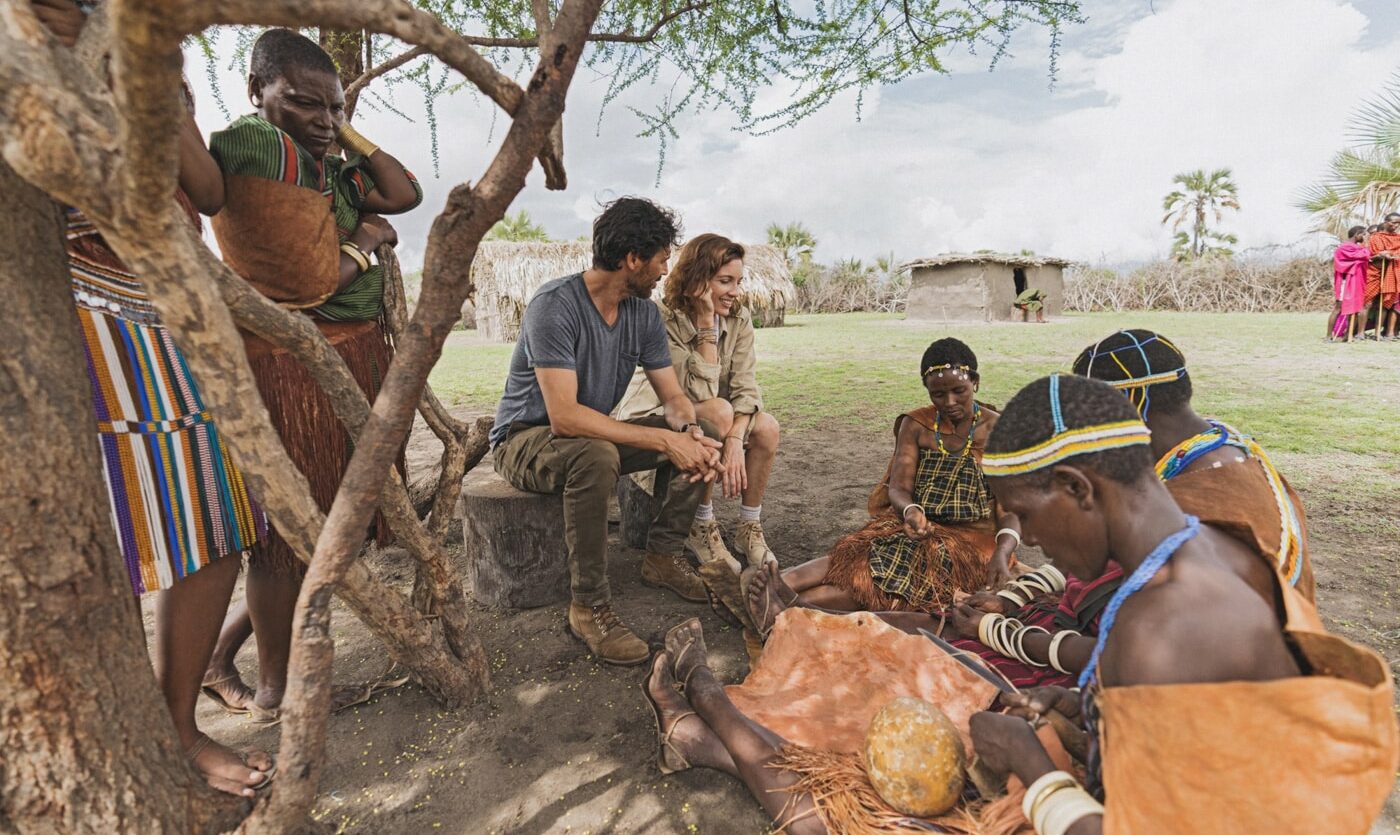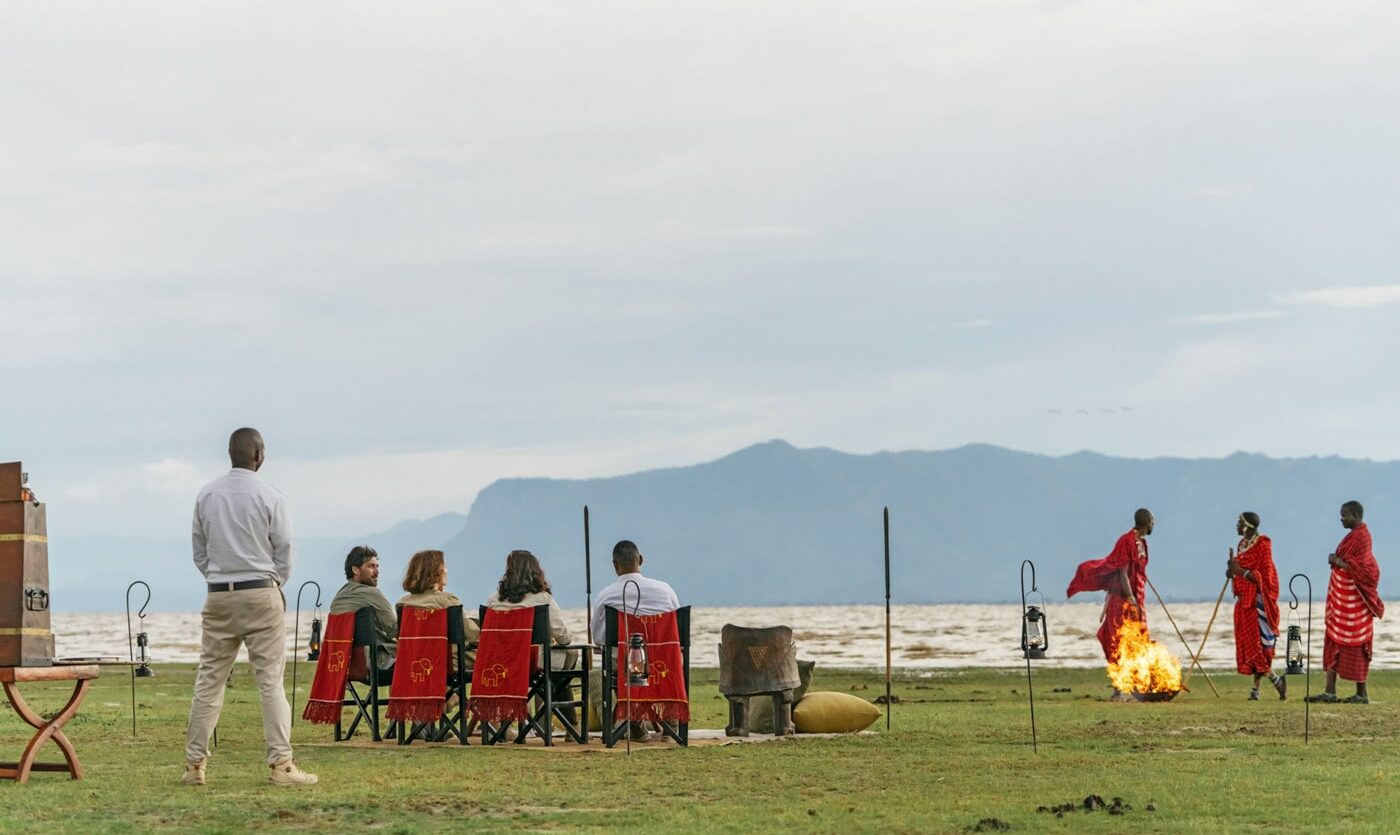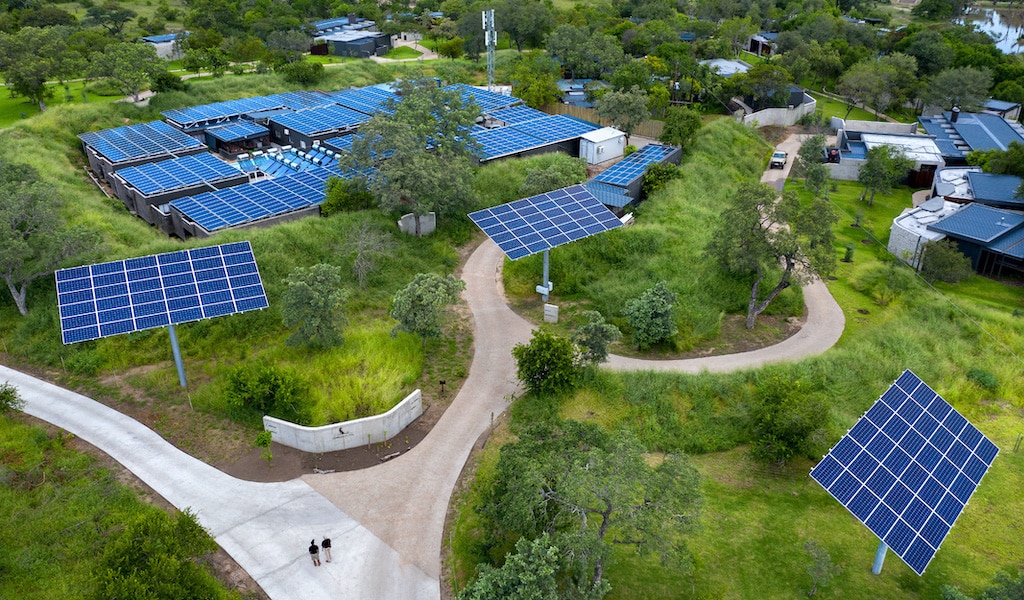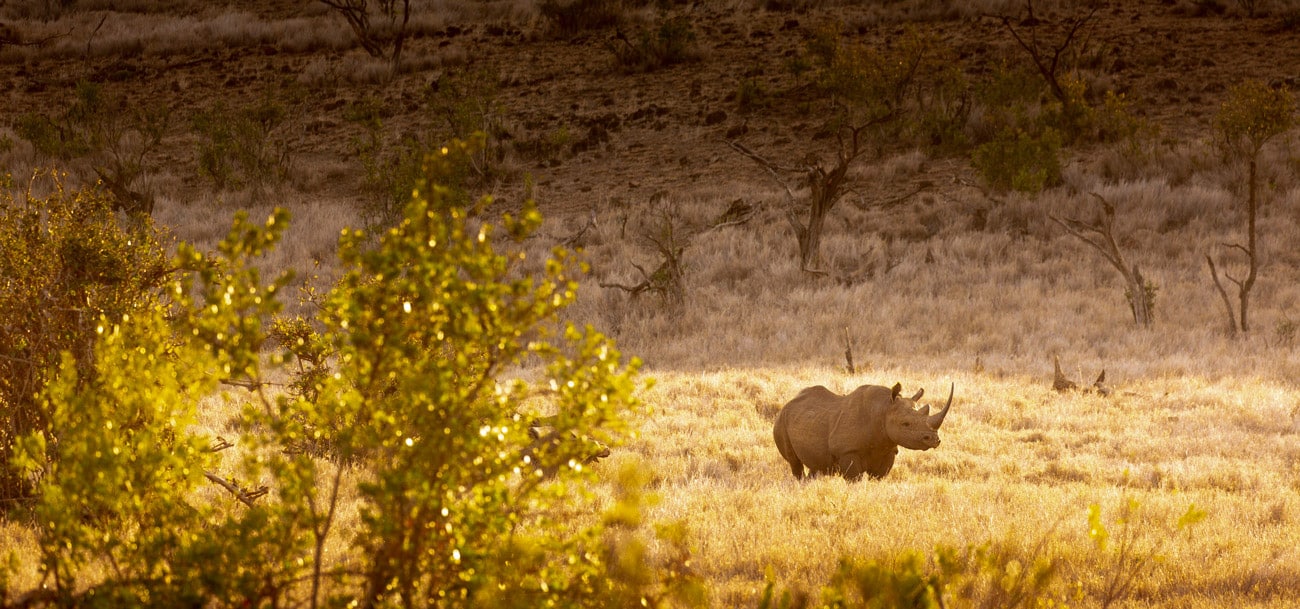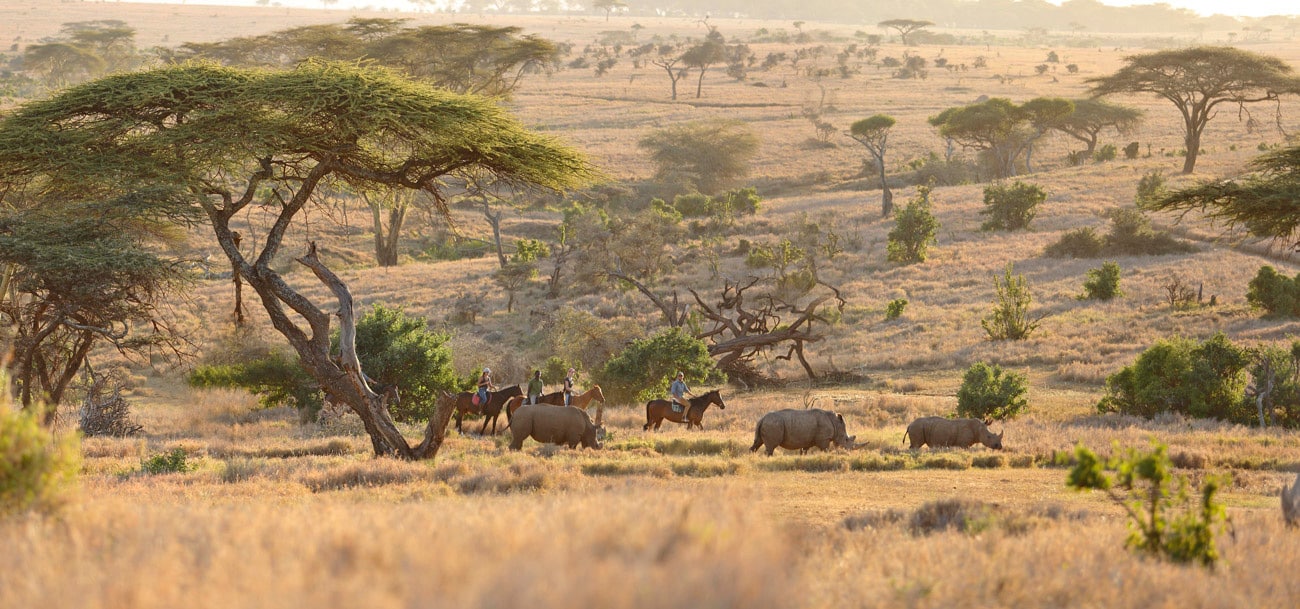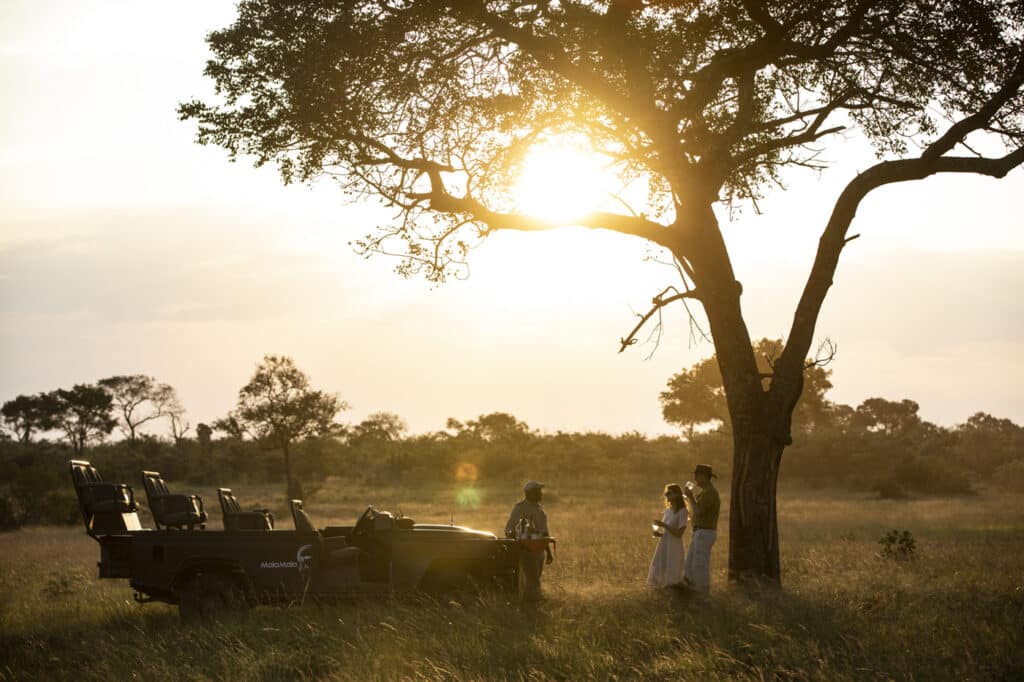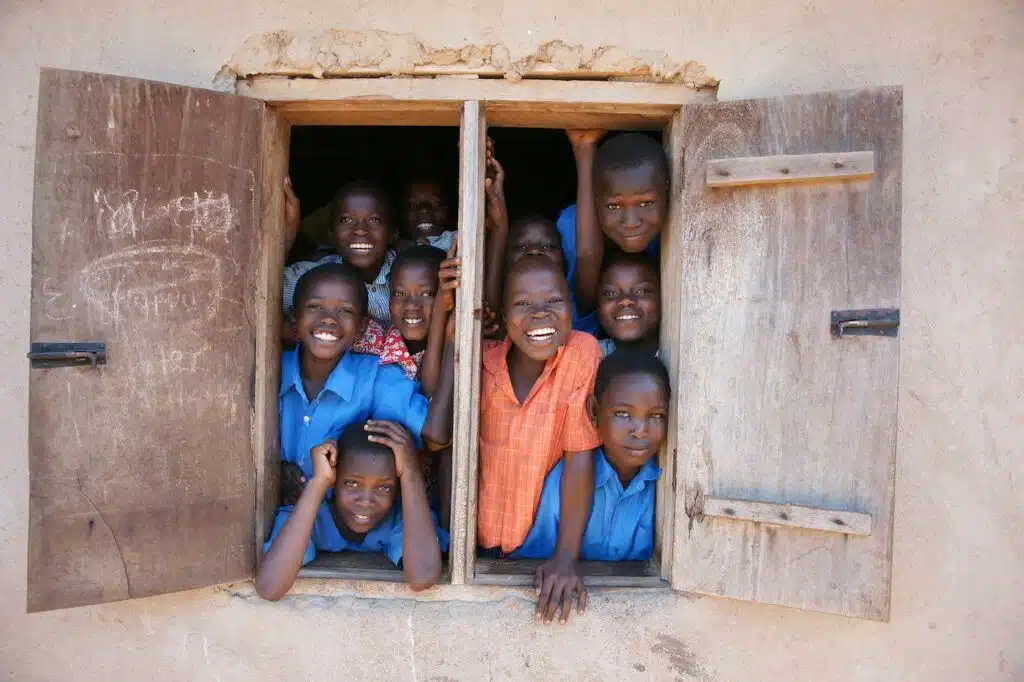CONSCIOUS TRAVEL
Creating an Ethical Safari
We often discuss the sustainability and impact of an ethical safari, going to great lengths to ensure that every itinerary is not only exclusive and luxurious, but also actively beneficial to people and planet.
This allows our clients to travel with a clear conscience and the warm, fuzzy feeling of creating a positive effect for the camps, lodges, communities and environments to which they travel.
But how do we provide and ensure this?
There are four stages to developing an ethical safari:
-
- We do our research. We are often approached by new properties and operators offering their services. Without diligent scrutiny, through online research, conversations and industry inquiries, any new organizations will not be considered.
- We visit each property. Primarily, this is to ensure that it meets our exceptionally high standards of excellence and that we would be happy to recommend it to clients, but that is not where our investigations end. Talking to property owners and managers, taking game drives and exploring beyond the crisp linen and opulent decor, we learn what is being given back in regards to community support and conservation.
- Ongoing communications. A property or operator may well match our ethical safari standards when we first connect with them, but we will regularly reassess these, ensuring that they are upholding their promises, and often gratefully sharing the positive conservation projects they undertake.
- Offering additional experiences. Many clients adopt a philanthropic approach to their already ethical safari. There are numerous admirable organizations doing good work throughout the world, but as you travel, particularly through third-world countries, the definition and understanding of ethics varies, its parameters both hazy and flexible. On the surface, an operation may be doing wonderful work, but they may allow for exceptions that do not match our standards. However, for those that do, we offer visits, participation and experiences beyond the itinerary during which clients can take an active part in conservation, or at the very least, help to finance worthy projects.
With these factors in mind, these are the aspects we consider when creating any bespoke itinerary, ensuring that every client can be assured of a truly ethical safari:
ETHICAL SAFARI PROPERTIES
Fortunately, Africa in particular is vehemently regulating the impact of properties upon the environment. This growing recognition is often not only adhered to, but often superseded by conscious operators and developers.
In some parts of the world, the hungry greed for a slice of the tourism industry has become detrimental. Properties are developed with little consideration of impact or infrastructure, aspects such as waste management or power sources aren’t taken into account and the local population is often forgotten in the quest for wealth.
Every provider we have partnered with has been developed with environmental and cultural responsibility. Fulfilling policies of employment, sustainability and conservation, they will, at the very least, create little or no impact. Many far exceed this, creating self-sustaining, carbon-neutral properties incorporating organic gardens, greywater recycling, solar power and more to ensure the very smallest of footprints.
Employing local staff, some also provide ranger training programs, hospitality apprenticeships, wildlife research opportunities and more. Village schools are funded, communities are given employment and cultural protection, and visitors are encouraged to raise their awareness through excursions and conversation.
BEYOND FOUR WALLS
Ethical safaris provide a valuable opportunity. Little or no conservation work can take place without funding. The income created by tourism is more than enough to maintain properties, from staffing expenses to occasional refurbishments. Additional income is then channeled into conservation. Sometimes, this is as simple as regular donations, but increasingly it provides funding for private conservancies and reserves. By securing a private reserve, properties are able to develop a healthy microcosm on their doorstep, for the benefit of their guests, but also creating a patchwork of sustainable regions. This increases wildlife populations that are then free to expand and migrate into neighboring conservancies and national parks.
Sabi Sands, for example, has a collection of properties and operators within the Greater Kruger region. Nature here is particularly abundant, more so than the adjoining national park. With a smaller area to protect, organizations can monitor and protect species, and in Sabi Sands the leopard population in particular has flourished.
The remote Tswalu Kalahari Reserve flipped this concept on its head, first establishing a conservation area before introducing accommodation to help in funding it. Scientists-in-residence perform a wealth of research, offering guests a fascinating peek into the efforts being taken to protect numerous endangered and threatened species and rehabilitate the ecosystem.
PROTECTING PEOPLE
The West has historically often created a detrimental impact on the countries it has occupied and settled. Ethnic populations have been displaced, and even in the simplest terms, are encouraged to adopt or accommodate western practices.
This can lead to the eradication of fragile cultures and erasure of the natural symbiosis once practiced. Almost as much as animals, this protection of heritage is now being recognized for its conservation importance. While organizations such as the United Nations (UN) are tackling this at a global scale, it is also being protected in a more tangible way. Community support can backfire when based on western principles. If not implemented sensitively, it can undermine tradition and culture despite providing the benefits for which it was intended.
Providing employment and financial support for villages is beneficial, but by encouraging the continuation of traditional practices, such as song and dance, the heritage of tribes and communities can also be upheld.
More than this, the traditional custodians of the land have often solved issues or maintained sustainable practices for hundreds, even thousands of years. This is evidenced in Australia, where indigenous rangers are taking a more advisory role in controlled burning, preventing rampant and uncontrolled bushfires which can decimate ecosystems.
So too in Kenya, where the Maasai are uniting with modern scientists to formulate the best ways to maintain the equilibrium of man and nature while ensuring that human-animal conflict is minimized.
This principle has been adopted by a wealth of private reserves and operators, developing an ethical safari itinerary that assimilates with communities, rather than exploiting them.
ETHICAL EVOLUTION
There can be no denying that progress is beneficial. Though it has created negative ramifications in the past, we have learned to look back as much as looking forward, stepping carefully into a future that isn’t progress for progress’ sake, but rather learning from our mistakes and rectifying the issues.
Such is the case with the ethical safari. We are using the power of tourism to overcome poaching and hunting, tourist dollars are being channeled into worthy and ethical practices and projects, and properties are becoming increasingly greener. This is evident in the adoption of electric game vehicles and solar power. Where once diesel four-wheel drives were the only form of transport, these are steadily being replaced, reducing the evident impacts, but also creating silent safaris, disrupting nature as little as possible.
Noisy, smelly generators were once used to provide electricity to camps, but many are now opting for renewable energy. Building materials are carefully considered and every aspect of an ethical safari is taken into account, including minimizing or eradicating single-use plastics and providing natural cosmetics for guests.
As travel returns to a new normal after its two-year hiatus, it is important to move forward with conscience. At Rothschild Safaris, we continue to explore new opportunities, from properties to excursions and experiences, to ensure that each endorses ethical practices that are actively advantageous to the people and environments around them.
Travel is a wonderful indulgence that we are fortunate to be able to participate in, but by doing so ethically, we can preserve the wildernesses that inspire and captivate us for generations to come.
Photos: @lewaconservancy

